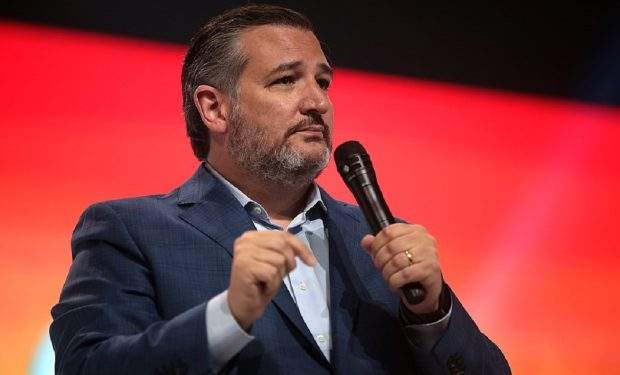There is no more potent or controversial change agent for the idea of Diversity, Equity, Inclusion (DEI) than BlackRock CEO Larry Fink. As the world’s largest asset manager, with nearly $9 trillion under management, BlackRock, under Fink, has long used its enormous power to force change among the companies it invests in, requiring a certain level of climate responsibility and human resources responsibility as a prerequisite.
Such pressure on companies to commit to responsible global citizenship on diversity and environment has become increasingly controversial with the so-called “War on Woke” being waged by Senator Ted Cruz, Governor Ron DeSantis and other conservatives in the U.S.
There has been a backlash against consideration of race, gender and other identifiers fueled by an argument that such considerations devalue merit. Even conservative darling Chick-fil-A has come in for a, ahem, roasting.
That backlash leads Cruz, in sharing a video of Fink talking about hiring more women at his own company and “forcing behaviors” at other companies, to declare bluntly: “this is the problem.” Not “a” problem either, but “the” problem. Cruz objects to Fink’s points in a blanket fashion.
this is the problem https://t.co/F4po5PnCO2
— Ted Cruz (@tedcruz) June 5, 2023
The comments which Cruz qualifies as problematic? “Behaviors have got to change and that’s one thing we ask companies. You have to force behaviors,” Fink says.
“At BlackRock we are forcing behaviors — 54 percent of the incoming class are women,” Finks says, underscoring that the financial world has long been a male-dominated bastion, not unlike the Senate. Fink, sharing the stage with former American Express CEO Kenneth Chenault, also boasts, “we added four more points in diverse employment this year.”
Cruz deplores Fink’s boast about a high percentage of women hires and greater diversity in hiring more generally, characterizing it as a quota-based solution he defines as “the problem.”
On the contrary, Fink has long maintained that his interest in these areas is fiduciary, not moral, and insists that companies which meet high DEI standards and social and environmental responsibilities are better equipped to thrive in the future — that it’s a good financial decision. Cruz disagrees.
